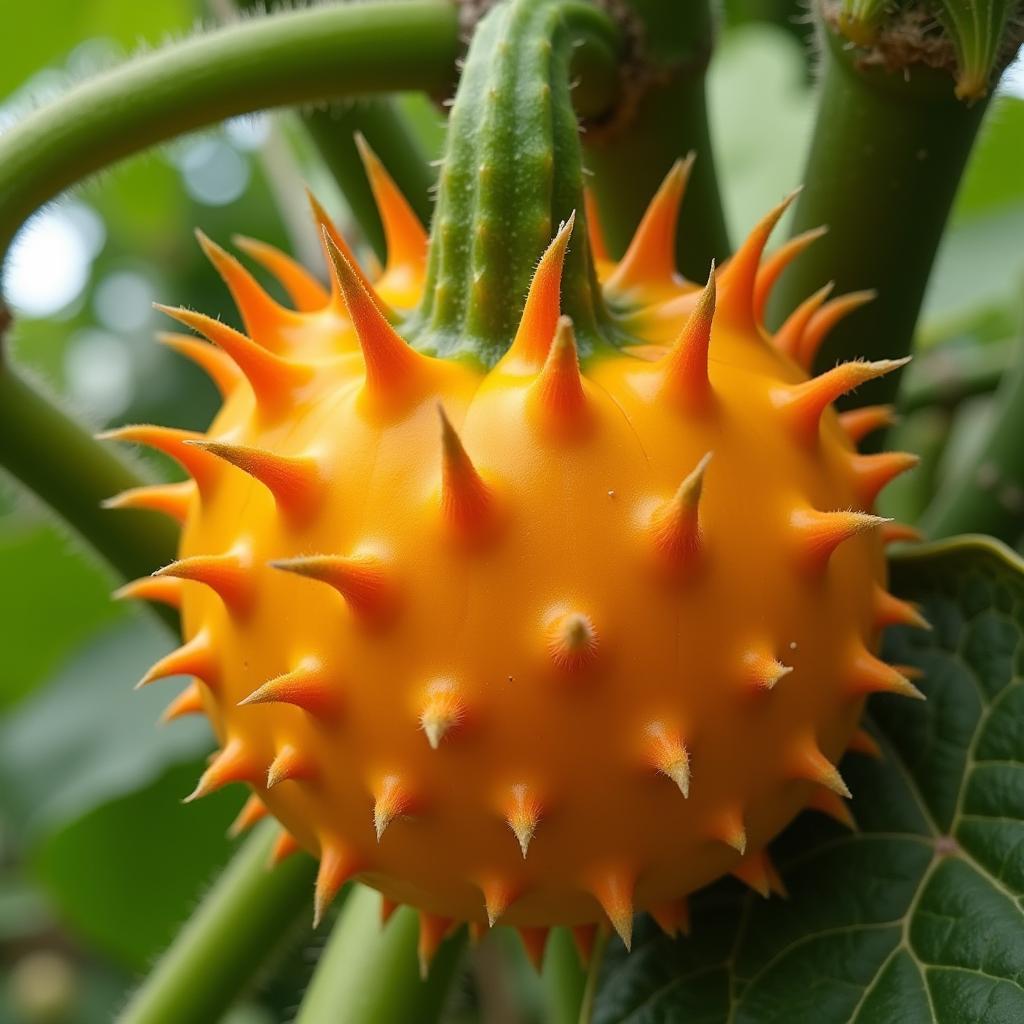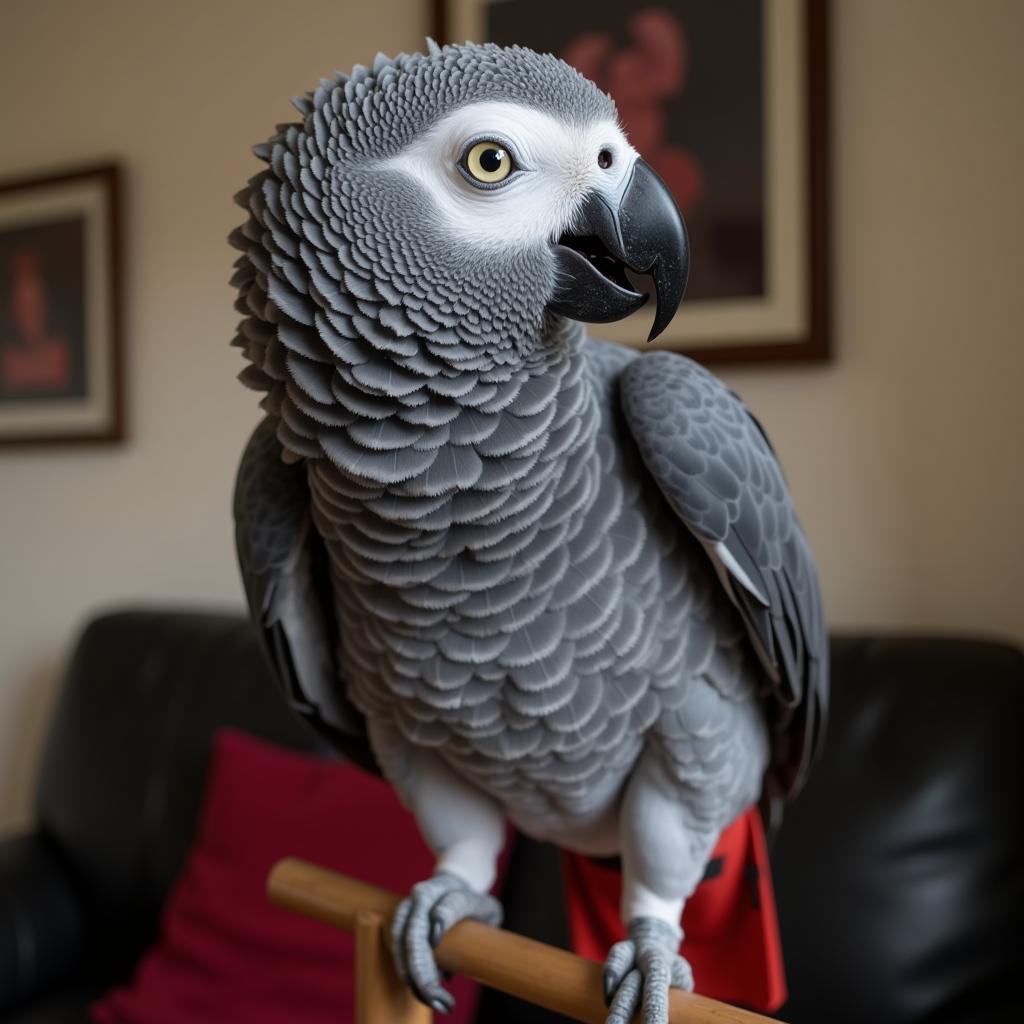The Ultimate African Grey Food List: A Comprehensive Guide
African grey parrots, revered for their intelligence and charm, require a diverse and nutritious diet to thrive. Choosing the right food is paramount for their physical health, vibrant plumage, and overall well-being. This comprehensive guide delves into the ultimate African Grey Food List, equipping you with the knowledge to provide your feathered companion with a balanced and enriching diet.
Understanding Your African Grey’s Dietary Needs
African greys are naturally inquisitive and enjoy a variety of foods. Providing them with a diverse diet mimicking their natural foraging habits is essential. In the wild, African greys feast on a colorful array of fruits, vegetables, seeds, and nuts.
Essential Components of an African Grey Food List
A well-rounded African grey food list comprises a variety of food groups, each contributing essential nutrients for their optimal health:
1. High-Quality Pelleted Diet (60-70%)
High-quality pellets should form the foundation of your African grey’s diet. These commercially formulated pellets provide a balanced blend of vitamins, minerals, and other essential nutrients.
2. Fresh Fruits and Vegetables (20-30%)
Fresh produce injects variety, flavor, and essential vitamins into your parrot’s diet. Offer a rainbow of colors, including:
- Leafy greens like kale, spinach, and romaine lettuce
- Brightly colored vegetables like carrots, bell peppers, and broccoli
- Berries like blueberries, strawberries, and raspberries
- Tropical fruits like mango, papaya, and pineapple
3. Healthy Seeds and Nuts (10-15%)
Seeds and nuts provide healthy fats and additional nutrients. Offer a variety, such as:
- Sunflower seeds
- Pumpkin seeds
- Almonds (unsalted)
- Walnuts (unsalted)
- Hazelnuts (unsalted)
Expert Insight: Dr. Avianna Bird, a renowned avian veterinarian, emphasizes the importance of portion control with seeds and nuts. “While these are healthy additions, they are calorie-dense and should be offered in moderation,” she advises.
Foods to Avoid Feeding Your African Grey
Just as crucial as providing nutritious foods is avoiding those that can be harmful. Never feed your African grey:
- Avocado
- Chocolate
- Caffeine
- Alcohol
- Salty foods
- Sugary foods
- Processed foods
These foods can cause a range of health issues, from digestive upset to toxicity.
Creating a Feeding Schedule for Your African Grey
Establishing a regular feeding schedule helps maintain your parrot’s health and prevents overeating. Here’s a sample feeding schedule:
- Morning: Offer a fresh bowl of high-quality pellets.
- Midday: Provide a variety of chopped fruits and vegetables.
- Afternoon: Replenish pellets and offer a small portion of nuts and seeds.
Always ensure fresh water is available throughout the day.
Conclusion: Nourishing Your African Grey for a Long, Healthy Life
Providing your African grey with a balanced and nutritious diet is fundamental to their well-being. By following this comprehensive African grey food list and incorporating the expert tips, you can ensure your feathered companion enjoys a long, healthy, and fulfilling life. Remember, a well-fed parrot is a happy and vibrant one!
FAQs about African Grey Food Lists
1. Can African greys eat bananas?
Yes, bananas are a safe and healthy treat for African greys. Offer them in moderation as part of a balanced diet.
2. How often should I change my parrot’s food and water?
Change your parrot’s food and water daily to ensure freshness and prevent bacterial growth.
3. What are some signs of a healthy African grey?
A healthy African grey has bright eyes, clean feathers, a good appetite, and is active and playful.
4. Can I give my African grey parrot commercial bird treats?
Yes, you can offer commercial bird treats in moderation. Choose treats made with natural ingredients and avoid those high in sugar, salt, or artificial colors.
5. What should I do if my African grey is a picky eater?
If your parrot is a picky eater, try offering new foods in small amounts and alongside their favorite treats. Persistence is key!
For additional information on caring for your African Grey parrot, check out our articles on:
- African grey parrot food list
- African grey parrot how long do they live
- African grey parrot food amazon
You can also learn about other fascinating African bird species like the African heron and the African grape parrot.
For personalized advice and support in caring for your feathered friend, don’t hesitate to contact us. You can reach us via:
- Phone Number: +255768904061
- Email: kaka.mag@gmail.com
- Address: Mbarali DC Mawindi, Kangaga, Tanzania.
Our dedicated customer care team is available 24/7 to assist you.



